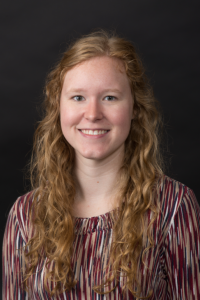Danny Arrigo earned his PhD from the Georgia Institute of Technology in 1991. He has been on staff in the Department of Mathematics at the University of Central Arkansas since 1999 and is currently Professor of Mathematics. He has published over 30 journal articles and three books. His research interests include the construction of exact solutions of PDEs and symmetry analysis of nonlinear PDEs. His research is also active regarding solutions to physically important equations, such as nonlinear heat equations, governing equations modeling granular materials, and nonlinear elasticity. Dr. Arrigo received the Oklahoma-Arkansas Section of the Mathematical Association of America’s Award for Distinguished Teaching of College or University Mathematics in 2008. In that same year, he was awarded UCA’s award for excellence in Research, Scholarship, and Creativity. In 2011 he was a finalist for UCA’s Teaching Excellence Award and won that award in 2019.
Dr. Arrigo integrates his research into his teaching and vice versa. He has worked with many students while at UCA; more than 30 of his undergraduate students have presented their work at regional and national conferences, where several have been recognized with awards. In addition, Dr. Arrigo has mentored 10 graduate student theses with two currently underway.












